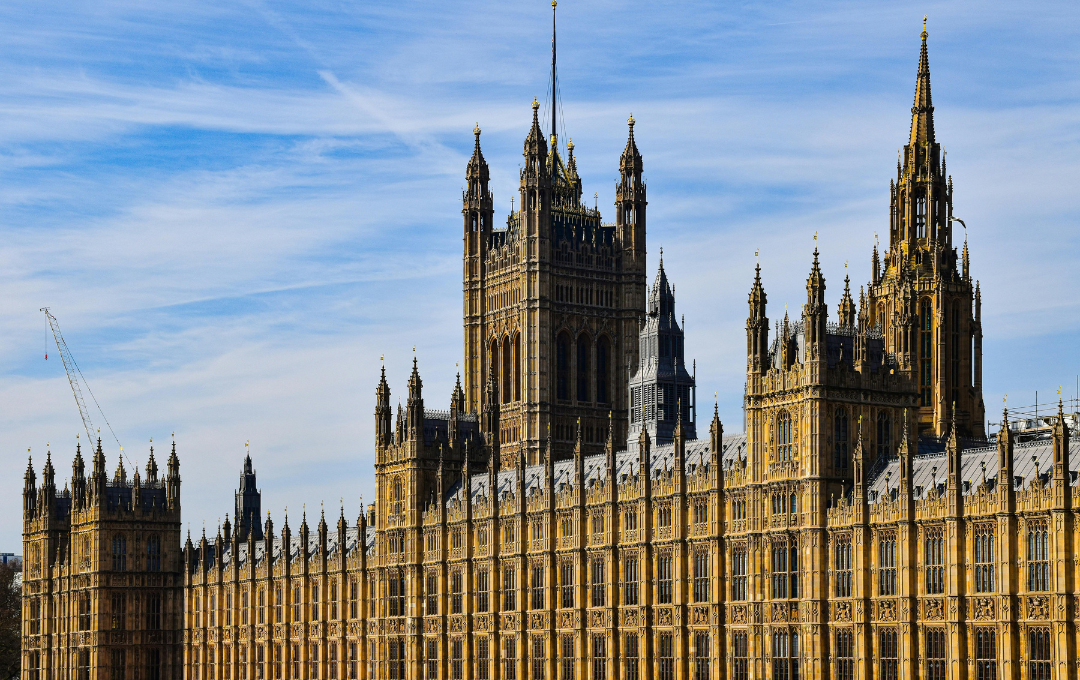
The Leasehold and Freehold Reform Act has become law and will affect owners of freeholds for leasehold properties as well as house builders.
The new reforms mean that leaseholders no longer have to wait two years before they can buy or extend their lease. If they do extend their lease, the Act increases the standard lease extension term to 990 years for both houses and flats. Previously this was 50 years for houses and 90 years for flats. These changes are designed to allow leaseholders to have more security in their home.
Sales of new leasehold homes are now banned so that, other than in exceptional circumstances, every new house in England and Wales will be freehold from the start.
Freeholders and managing agents are now required to issue bills in a standardised format to make charges more transparent, and it will now be easier and cheaper for leaseholders to take over management of their own building.
The government also requires freeholders who manage their building themselves to belong to a redress scheme. This was already a requirement for managing agents.
For more details on the changes, please see:
https://www.gov.uk/government/news/leasehold-reforms-become-law

A new website has been launched by the Department for Business and Trade (DBT) offering practical guidance and support on the changes that the Employment Rights Act will introduce and what they can do to get ready.

A leading think tank has criticised the fiscal rules that the Chancellor uses to determine the government’s tax and spending plans. The Institute for Fiscal Studies (IFS) has suggested that reducing complex finances to a pass‑or‑fail number misses the bigger picture.

